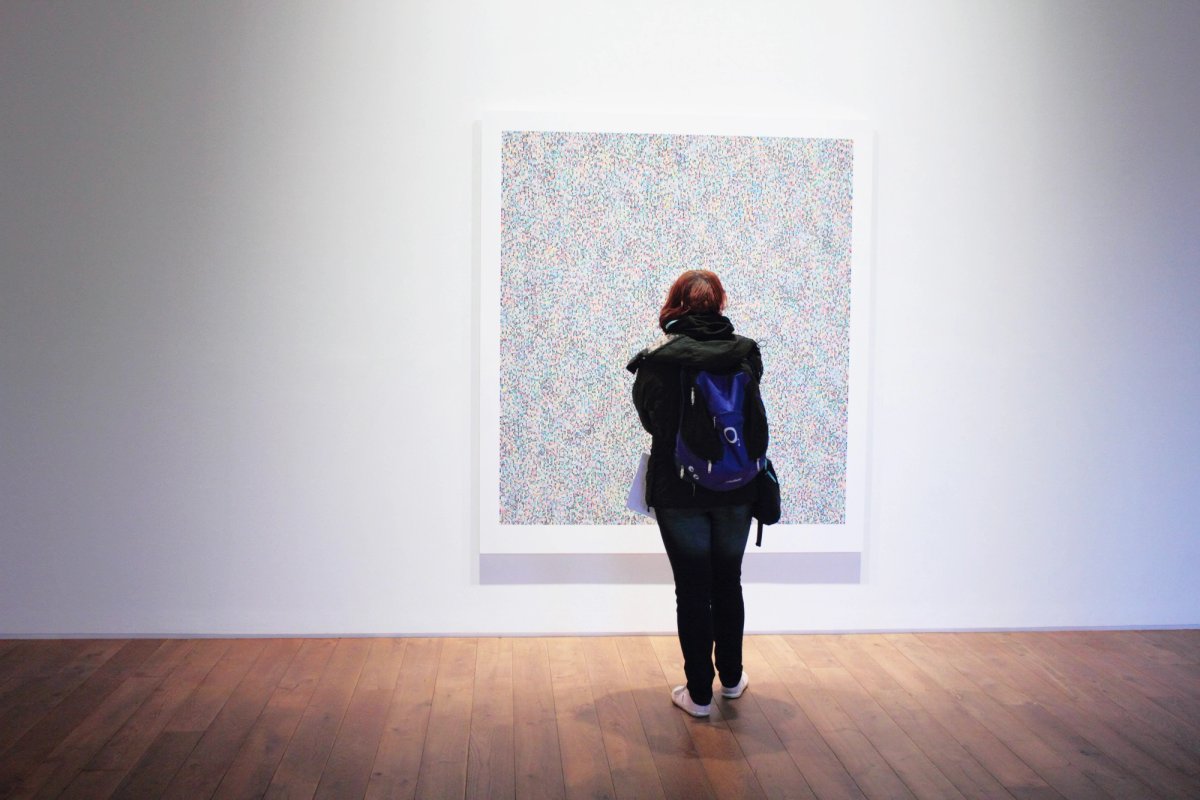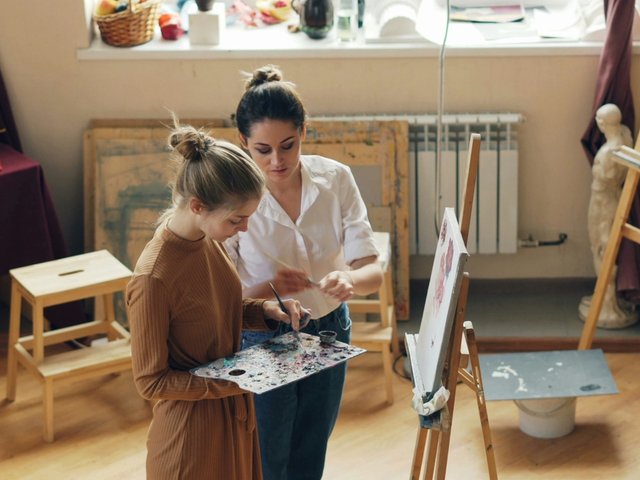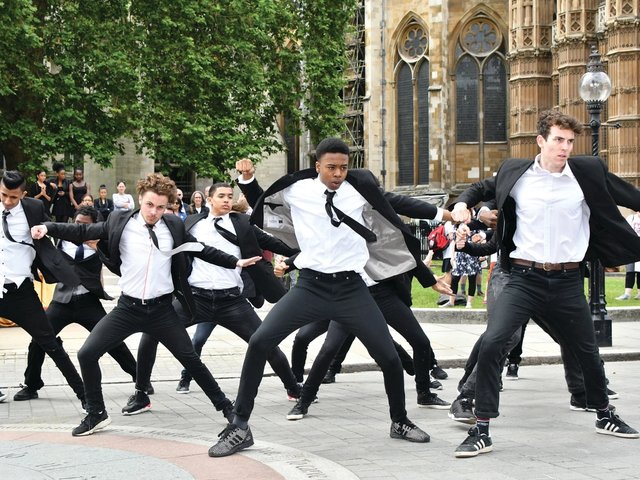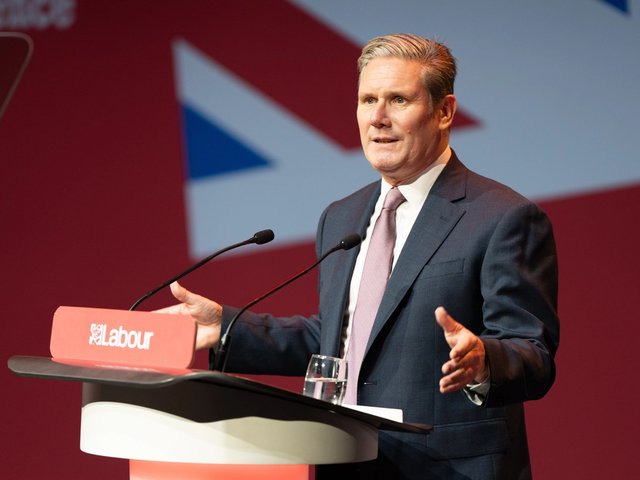More than 100 artists, including 15 Turner prize winners, have raised concerns about the exclusion of arts and creative subjects from the English Baccalaureate qualification (EBacc) offered in UK secondary schools.
Grayson Perry, Lubaina Himid, Gillian Wearing and Jeremy Deller are among the signatories who have written to the Guardian newspaper, saying that the policy conceived by the former education secretary Michael Gove in 2010 “will seriously damage the future of many young people in this country”.
The EBacc requires pupils to study a minimum of seven GCSEs, including maths and a language, but the options do not include any arts subjects. Schools are subsequently forced to concentrate on these core subjects, with arts options increasingly excluded, say campaigners. In 2013, Gove reversed his plans to scrap GCSEs completely and replace them with the EBacc; the government now wants 90% of GCSE pupils to choose the EBacc combination by 2025.
“A good education, and an education that will be fit for the 21st century, must be broad and balanced. The EBacc in its current form is not the way to achieve this,” the signatories add, calling on the government to reverse the policy. “Every child should have equal access to the benefits that the arts and culture bring not just a privileged few,” they say.
The artist Dexter Dalwood says he signed the letter because he feels art subjects are becoming secondary to so-called “key” subjects. “[This policy] is an example of this government knowing the ‘price of everything and the value of nothing’”, he says. “How can we say we are providing children with an education if it cannot introduce and engage them with the arts on an intellectual level?”
A spokesman for the Department of Education says however that since the introduction of the EBacc, the percentage of arts pupils taking arts GCSEs has remained stable with 47.2% of pupils in state-funded schools entering GCSEs in arts subjects in 2010, compared with 46.5% in 2017.





